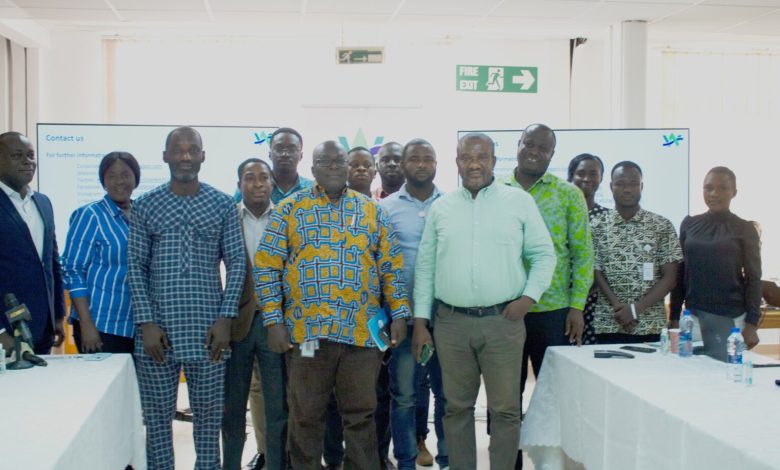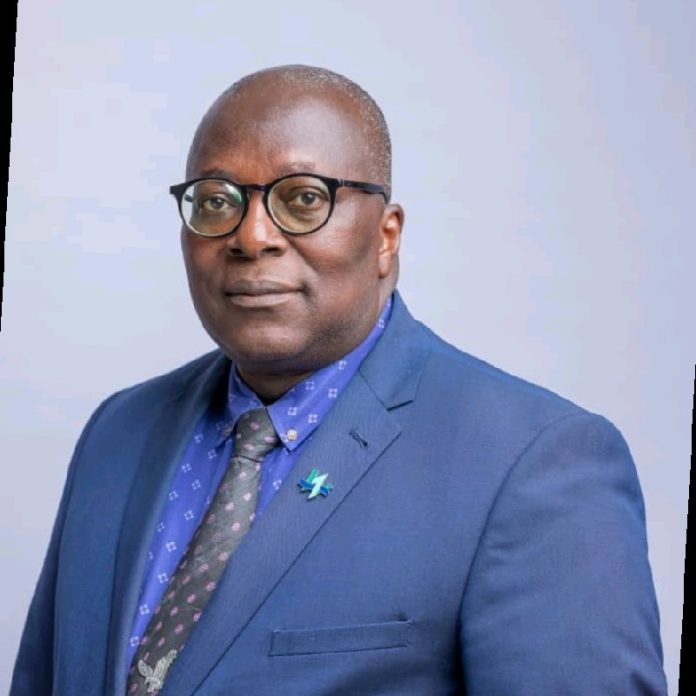The General Manager of Corporate Affairs at the West African Pipeline Company (WAPCo), Dr Isaac Adjei Doku, has assured its customers that the company will not do anything deliberately to jeopardise any of the countries it transports gas to.
Dr. Doku gave the assurance during a training programme for some selected journalists in Accra, the capital of Ghana.
The programme sought to educate the Ghanaian media on the role WAPCo plays in the power sector of four West African nations namely; Nigeria, Benin, Togo and Ghana.
WAPCo is a midstream gas transportation company with over 670 kilometres of pipeline infrastructure from Nigeria through Benin, Togo and Ghana.
There have been times when the media have erroneously described WAPCo as a gas processing company instead of a gas transportation company and Dr Doku used the training programme to clarify the role of WAPCo.
He said in Ghana, WAPCo has signed a contract with Ghana National Petroleum Corporation (GNPC) and transports gas on their behalf to power generation companies in the Western and Eastern enclave.

WAPCo transports natural gas to customers in Nigeria, Benin, Togo and Ghana.
It operates the Takoradi Regulating and Metering Station in the western enclave and the Tema Regulating and Metering Station in the eastern enclave.
In 2019, WAPCo began reverse flow transportation of gas from the Western Region to Tema, following the successful completion of the Takoradi phase of the Takoradi to Tema Interconnection Project.
According to Dr Doku, WAPCo transports about 47 per cent of gas used in power generation in Ghana.
He told the media that the company transports more gas for Ghana than it does for Togo and Benin.
Recently, WAPCo suspended gas transportation in Ghana over US$13 million in debt.
The company resumed gas transportation after GNPC and ECG paid US$6 million.
Source: https://energynewsafrica.com
















